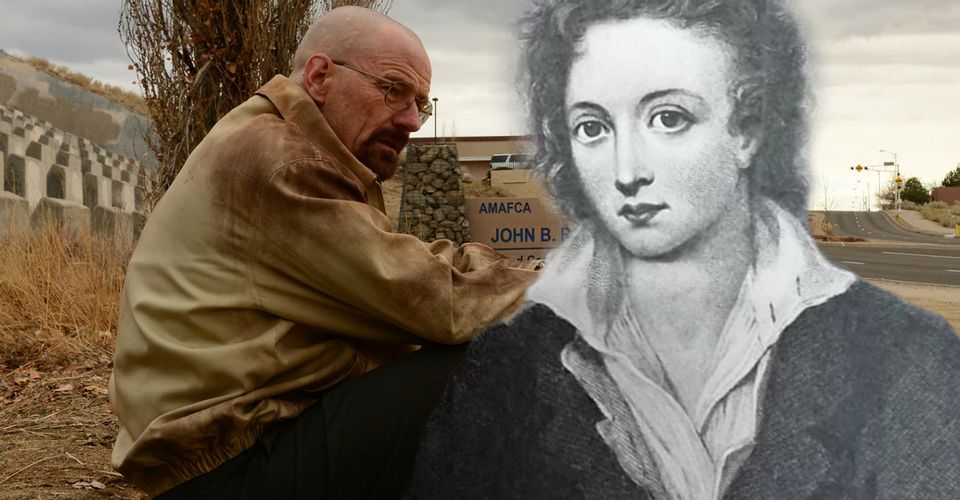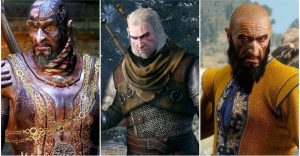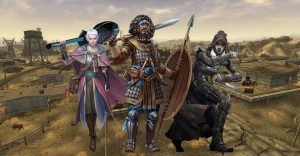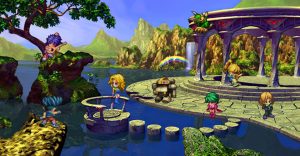Breaking Bad: The Significance Of Ozymandias

“Ozymandias” was more than just the title of a Breaking Bad episode. It held a deeper meaning for the fourteenth episode of the show’s fifth and final season. The episode was a turning point for Walter White (Bryan Cranston) and it directly mirrored “Ozymandias,” the 1818 poem written by Percy Bysshe Shelley.
“Ozymandias” began with a flashback to Walt and Jesse’s first cook in the RV. The duo were on the Tohajiilee reservation out in the desert with no idea just how much their lives were about to change. The episode then switched back to modern-day in the same desert, following the fallout from the previous episode, in which Steven Gomez was killed and Hank Schrader was severely injured. Walt did all he could to stop Jack Welker and the neo-nazis from ambushing the DEA agents. Despite his efforts, Hank was also shot and killed, leaving Walt crying out on the desert floor.
After turning the tables on Jesse and losing the support of his family, Walt had no choice but to take what was left of his fortune and flee the area. By the end of the episode, Walt was taken to be set up with a brand new identity while leaving his old life, or what he had left, behind. The drug empire he had built as Heisenberg had officially crumbled. The poem for which the episode was based on, told the tale of a fallen empire and the powerful figure who once ruled it. Here is Shelley’s “Ozymandias” poem in full:
I met a traveller from an antique land
Who said: Two vast and trunkless legs of stone
Stand in the desert. Near them, on the sand,
Half sunk, a shattered visage lies, whose frown,
And wrinkled lip, and sneer of cold command,
Tell that its sculptor well those passions read
Which yet survive, stamped on these lifeless things,
The hand that mocked them and the heart that fed:
And on the pedestal these words appear:
‘My name is Ozymandias, king of kings:
Look on my works, ye Mighty, and despair!’
Nothing beside remains. Round the decay
Of that colossal wreck, boundless and bare
The lone and level sands stretch far away.

All that remains of Ozymandias, “king of kings,” is the statue of the man that has since crumbled into ruins. Similarly, Walt has built himself up as an almost mythic figure called Heisenberg, but he too has fallen to the point of decay. Just as the poem stated that the statue had “two vast and trunkless legs of stone,” a number of characters, including Walt, had fallen to their knees in grief. The passion of the man was stamped on the statue even though the figure and his sculptor were long gone. The same could be said with how Walt’s actions will forever be stamped on those he has hurt through his actions.
The series creator, Vince Gilligan, purposely chose the poem of the basis of the episode to link to Walt’s crumbling legacy. Gilligan wanted to emulate the poem’s theme, centering on the ensuing collapse after reaching greatness. Walt thought he was untouchable but had veered so far off course, he totally lost control of the empire he built. To further connect the poem with Walt’s journey, Cranston recited the poem during a promo for Breaking Bad‘s final episodes.
About The Author


















